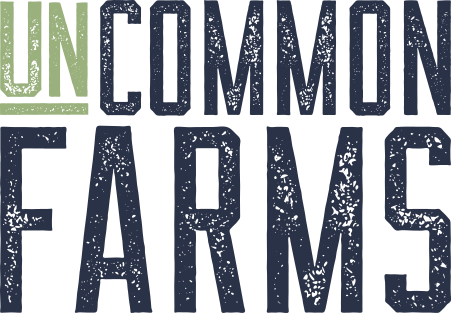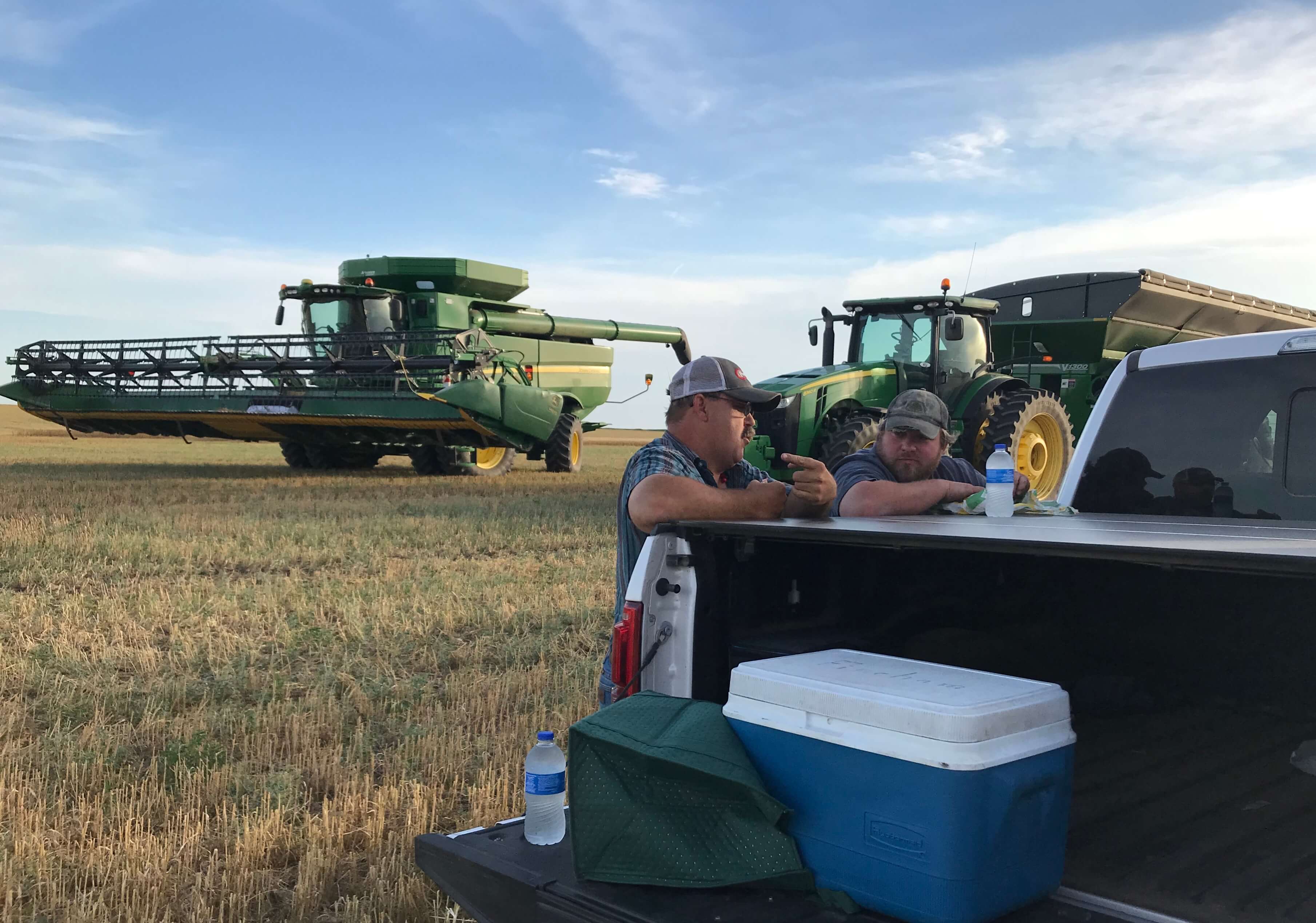In the vast landscape of agriculture, the road to success often involves navigating a myriad of challenges. Today, we're delving into the transformative power of collaboration within farm teams – a force that propels innovation, efficiency, and the overall strength of agricultural operations. Picture this: a farm that not only survived the trials but thrived, all thanks to the synergy of collaboration within a peer group. It brings to light a fundamental truth – "Stronger Together. Better Together."
Benefits of Farm Peer Groups and Inner-Operational Teams
Unlocking the Collective Wisdom:
In the world of farming, the value of collaboration cannot be overstated. Peer groups and farm teams serve as dynamic forums where participants share best practices, ideas, struggles, and successes. It's a communal exchange that goes beyond the boundaries of individual operations, fostering an atmosphere of shared learning and growth.
Maximizing Peer Group Value:
The true value of being part of a peer group emerges when collective brainstorming transforms into actionable solutions. Common tasks, like entering and harvesting a field or optimizing in-field water tank deliveries, become opportunities for operational enhancement. UnCommon Farms' Operational Peer Group, for instance, continuously refines best practices through collective discussions.
Building Bonds Across Farms:
Networking isn't just for conferences; it's a powerful tool within farm teams. By connecting with similar operations, you forge relationships that transcend the limits of your fields. These connections become lifelines, providing support, insights, and a shared sense of purpose. After all, facing challenges is easier when you stand alongside those who understand the soil beneath your feet.
Fresh Perspectives for Farm Progress:
The beauty of collaboration lies in the diverse perspectives it brings to the table. Farm teams provide a unique vantage point to look at your operation from different angles. This fresh outlook can be the catalyst for innovation, guiding you towards improved strategies and practices that elevate your farm to new heights.
Team Dynamics:
Listening to every team member is vital. Ideas can spark significant changes for your operation and team. Being open about vulnerabilities, candid about weaknesses, and confident in strengths fosters a collaborative culture where collective learning flourishes.
Solving Problems as a Collective Force:
Challenges are an inherent part of farming but tackling them collectively makes the burden lighter. Farm teams become problem-solving hubs, pooling resources, experiences, and brainpower to navigate common obstacles. It's the embodiment of the principle that united, we stand stronger against the ever-changing winds of agriculture.
Types of Valuable Farm Teams
Operations Managers:
Efficiency is the heartbeat of a successful farm. Operations managers collaborate within their teams to enhance technology use, streamline processes, and ensure every cog in the farming machinery works seamlessly. More collaboration within a team means more collective learning. Being vulnerable about weaknesses while being confident in strengths allows the team to operate at its best.
Agronomy Experts:
Soil health and crop strategies form the bedrock of agricultural success. Agronomy teams delve into collaborative efforts, sharing insights on sustainable practices and innovative approaches to maximize yields and promote environmental stewardship.
Finance Maestros:
Understanding the financial landscape is crucial for a farm's prosperity. Finance teams collaborate to decipher revenue streams, control expenses, and chart a course that ensures the economic health of the operation.
Emerging Leaders:
Generational transitions can be challenging, but emerging leader teams provide a supportive space for navigating this shift. Through collaboration, they share wisdom, address concerns, and pave the way for a seamless transfer of responsibilities.
Overcoming Obstacles as a Group
Equipped for Challenges:
Farm teams are more than a collective; they're equipped task forces ready to address common challenges head-on. Together, they form a formidable defense against the uncertainties that often accompany agriculture.
Support Systems in Struggles:
Struggles are part of the journey, but farm teams provide robust support systems. In times of adversity, the collective strength becomes a cushion, softening the blows and fostering resilience.
Combining Experience and Innovation:
The marriage of experience and innovation is a hallmark of successful farm teams. The seasoned hands bring wisdom, while the fresh perspectives infuse innovation. It's a powerful combination that paves the way for sustainable growth. Cultivating a culture that encourages open communication within these teams is critical. Regular planning, work, and debrief sessions throughout the season create an environment where continuous improvement becomes the norm.
Conclusion
In the collaborative tapestry of farm teams, the threads of innovation, efficiency, and strength weave together to form a resilient fabric. The benefits of collaboration within peer groups and farm teams are not just practical – they're transformative. As we navigate the ever-evolving landscape of agriculture, let's remember the profound truth – we are indeed "Stronger Together. Better Together."


.png)
